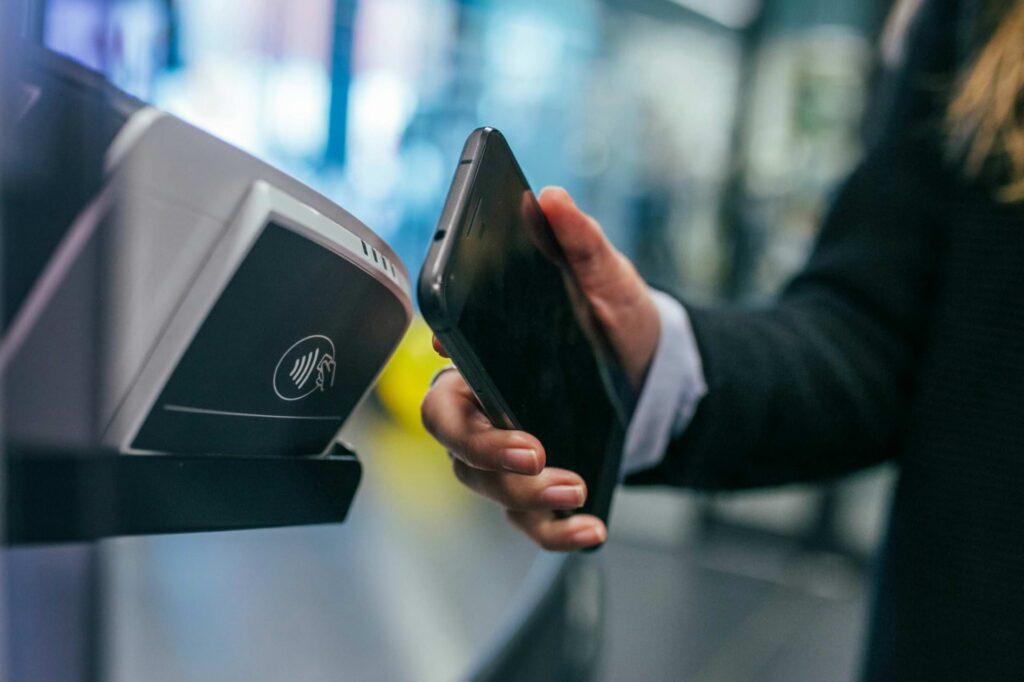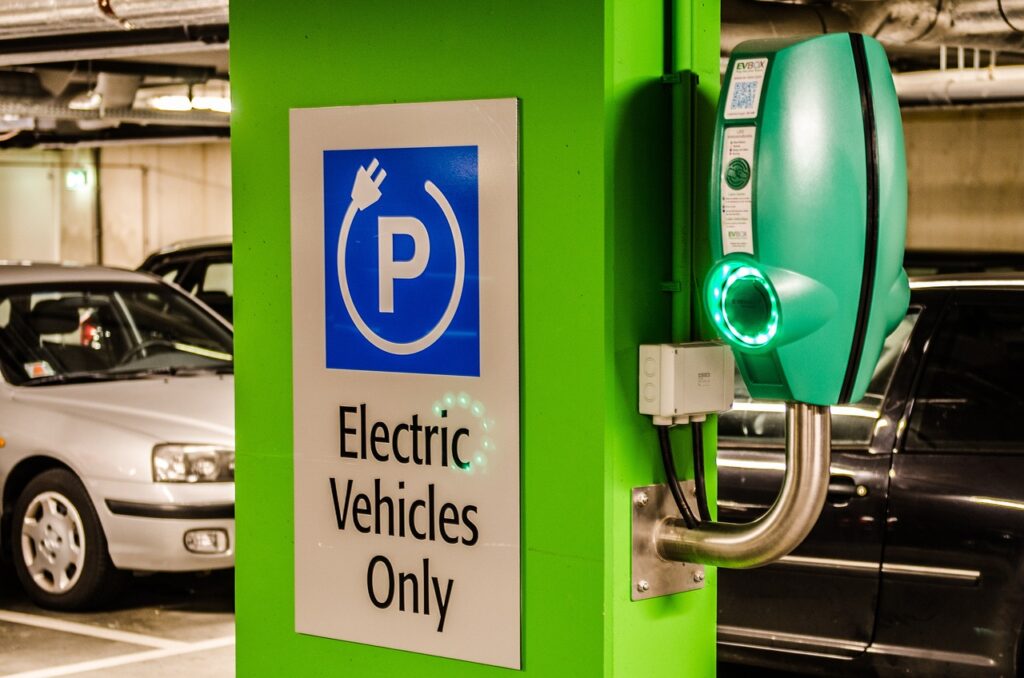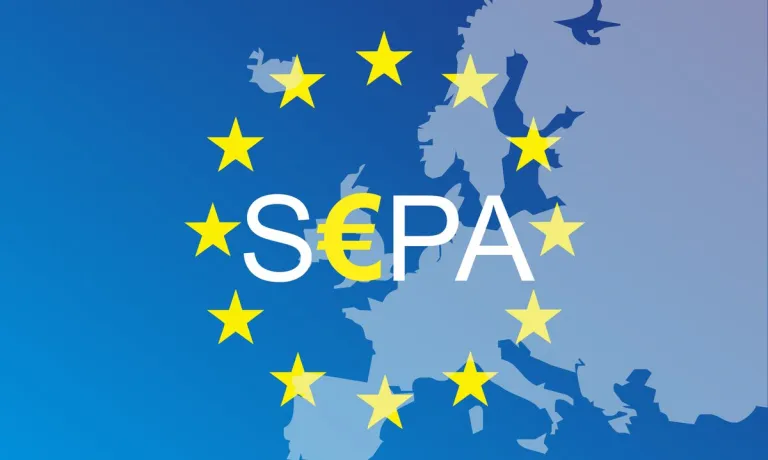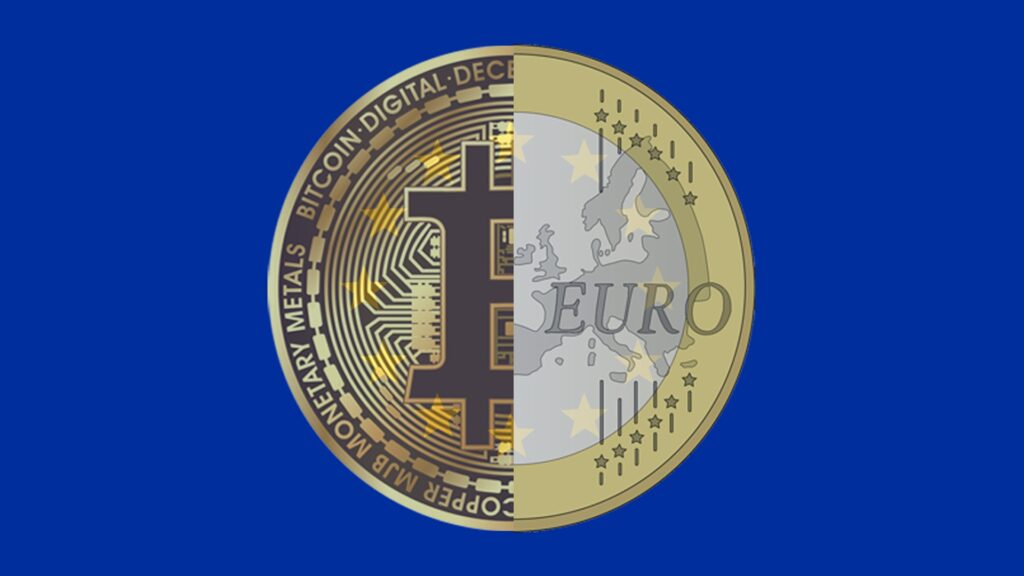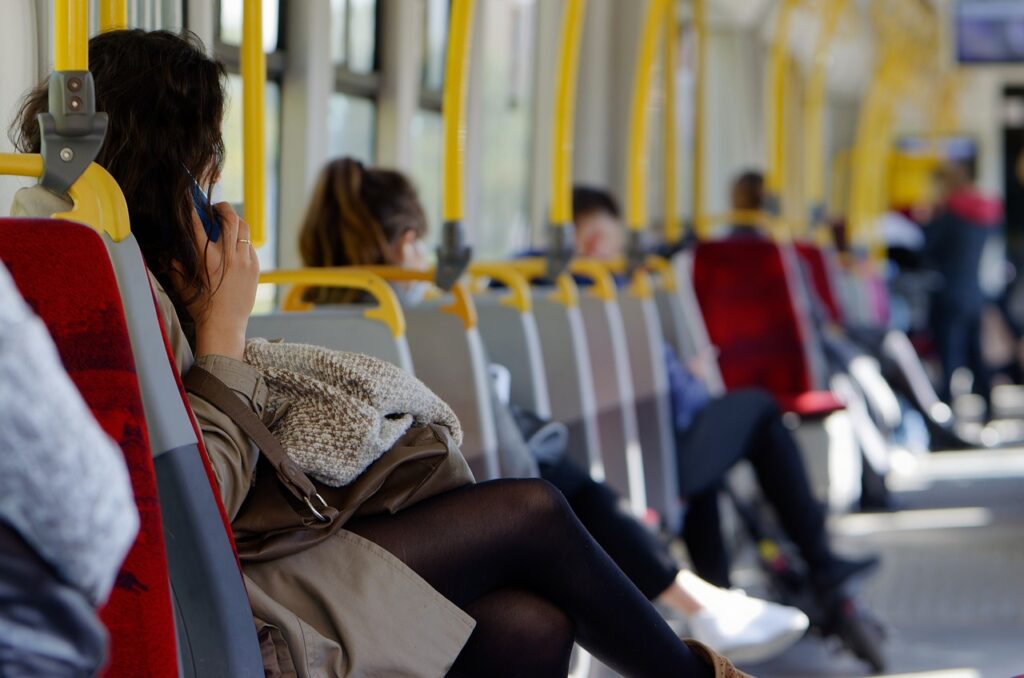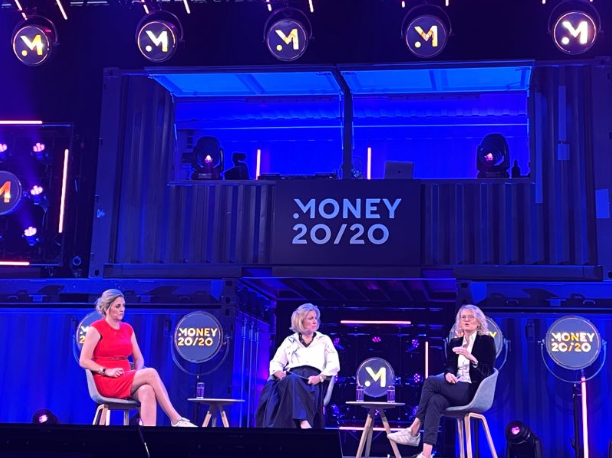Introduction
Connective Payments consultants and project leaders are often intensively involved in major change programs. Such as the transition from Dutch debit cards to Visa Debit and Debit Mastercard (hereinafter: VD and DMC respectively). This transition started three years ago, when it became clear that more and more VD and DMC cards were being declined at points of sale and cardholders were being referred to ATMs.
To close the gap, many payment terminals in Dutch POS had to be upgraded or, in some cases, replaced. This was an extensive transition process involving many stakeholders, such as retailers, terminal suppliers, acquirers, transaction processors and the international card schemes. It once again showed how important central management, an eye for detail and clear communication are in such large change programs. The so-called DCA (Debit Card Acceptance) project had its challenges, but objectives were realized on time. The role of Connective Payments was to represent one of the market participants in the DCA program and lead the program on the participant side.
Why was the DCA program necessary?
The Netherlands is internationally known as a country with a very efficient payments landscape and a high acceptance rate. Payment cards and products such as iDEAL and Tikkie are popular with both consumers and merchants because of their relatively low costs, high availability and security. But with regards to debit card acceptance, the Netherlands more and more seemed to become the odd one out. The main reason being,that the acceptance of the international debit products Visa Debit and Debit Mastercard lagged behind European averages.
As a consequence, foreign tourists and customers of online banks such as N26 and Revolut often had to find an ATM in the Netherlands to withdraw cash to make a purchase.

All Dutch payment terminals are suitable for processing payments with the “old” products V PAY and Maestro, the payment brands whose logos are on Dutch debit cards. These payment logos, which decades ago were intended as the “European” debit card brands of Visa and Mastercard respectively, are now approaching the end of their life cycles. Mastercard actually announced that new Maestro cards were not allowed to be issued after 1 July 2023. In practice, some banks appeared to have arranged an exemption from this issuance requirement. Belgian and German cardholders were increasingly unable to pay with their debit card in the Netherlands: in 2021, only 65% accepted VD, DMC and all other card products from Visa and Mastercard in addition to V PAY and Maestro.
That was the main reason for launching the DCA project in 2021, under the leadership of the Payments Association. The goal was to provide 425,000 POS terminals with a remote software update in approximately one year. A small number of outdated machines would have to be entirely replaced.
During this extensive migration process, many issuing banks and payment institutions executed their issuing strategy and decided to switch to the new debit card brands.
However, the issuance of VD and DMC cards was not in scope of the DCA program. Each bank determines for itself if, how and when that transfer takes place. But the suitability of sufficient acceptance points was and is of course a necessary condition for these cards to work.
Consequences for retailers and cardholders
At the end of 2021, we published an article summarizing the consequences of the migration for cardholders and merchants. For the cardholders, it was of course about the longer-term consequences, namely from the moment their bank would replace their card with a VD or DMC card. Compared to V PAY and Maestro debit cards, VD and MCD cards have many advantages for cardholders. Such as supporting digital applications via tokenization , paying outside Europe and paying online (particularly in foreign online stores where iDEAL is not accepted or when customer protection of the payment is preferred).

Central coordination
The DCA program was centrally managed by the Dutch Payments Association, i.e. primarily by the member banks. That was an important task, especially because so many parties were involved, all of whom had to do their part to bring the migration to a successful conclusion. An important condition was met: the Dutch Retail Council, representative of Dutch merchants, supported the objective of the project.
“We already successfully switched from the domestic PIN scheme to Maestro/V PAY. We can do this again. Carefully choose your payment methods and look at the cost.”
Eus Peters, director of the Dutch Retail Council
One of the complications was that not all acquirers active in the Dutch market are represented in the Dutch Payments Association. Consider, for example, commercial acquirers such as Worldline, EMS, Adyen, SEPAY and MyPOS. Unlike most banks, these acquirers offer “full acceptance” of all card types. The terminals that were already suitable for all card types through such contracts were initially not included in the status reports provided by the Payments Association. As a result, the estimated acceptance rate of VD and DMC cards appeared to be lower than reality. This may have delayed the banks’ decisions to start issuing VD or DMC cards. Connective Payments has played an important role in raising awareness for full market coverage of the data.
Provisional end and restart in 2023
The DCA program was completed in January 2023, with a small delay. At that time, the ±425,000 Dutch payment terminals were largely updated with the necessary software. The banks provided the retailers with new acquiring contracts, which included the acceptance of VD and DMC cards at the existing conditions and fees for V Pay and Maestro. The upgrade to Visa Debit and Debit Mastercard has led to a shift of debit card acceptance from the traditional specialised acquirers to the bank acquirers.
At the same time, this was also the moment to make the change to “full acceptance acquiring” for many bank acquirers. Meaning that premium card, prepaid card and credit card acceptance became part of the standard acquiring offering. Good news for consumers, who can now pay with all types of cards at an increased number of payment sites.
However, by the time the project ended, there were still three sectors that were not fully ready: payment terminals at petrol stations, at parking garages and a number of outdated terminals at SME retailers, that had not yet been replaced. When KNAB, Triodos Bank and Van Lanschot became the first issuers to issue VD and DMC cards in the course of 2023, the number of complaints about non-acceptance in those three areas turned out to be higher than expected. As a result, the DCA program was revived to help lagging providers accelerate their migration plans. In some cases, there appeared to be incorrect configuration of the terminal, as a result of which the data in the terminal did not correspond with the acquiring contract.
With the outdated terminals, which could not be provided with a software update but actually had to be replaced, a classic chicken and egg dilemma occurred: small retailers argued why they had to invest in a new terminal as long as there were no new debit cards in the market (except the ones carried by foreign customers), while issuers wondered whether it was wise to start issuing the new cards as long as there were still terminals in the market where these cards were declined.
The current status
By mid-2024, VD and DMC cards are accepted on more than 99% of the POS terminals. About 20% of the outdated payment terminals still need to be replaced. Because transactions will no longer be possible at these terminals from 2025, retailers who have waited as long as possible have a clear interest in a timely replacement in the coming months.
Furthermore, nearly all acceptance at the unmanned petrol and parking terminals has been updated.
In addition to the Dutch smaller banks mentioned, Rabobank and Volksbank have now started issuing the new cards. It is expected that by 2028 all Dutch cardholders will carry a debit card with VD or DMC (the old cards with the V PAY or Maestro logo continue to work, but of course without the extra options of the new cards). With the DCA program, a new stage has been reached in the Dutch payments market, paving the way for new innovative services such as Click to Pay
We are happy and proud that we were able to contribute to this important project through one of our clients!

